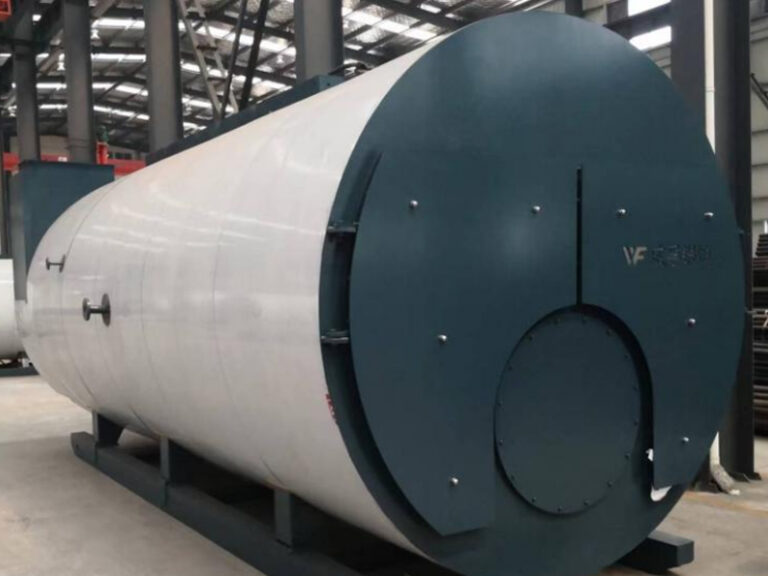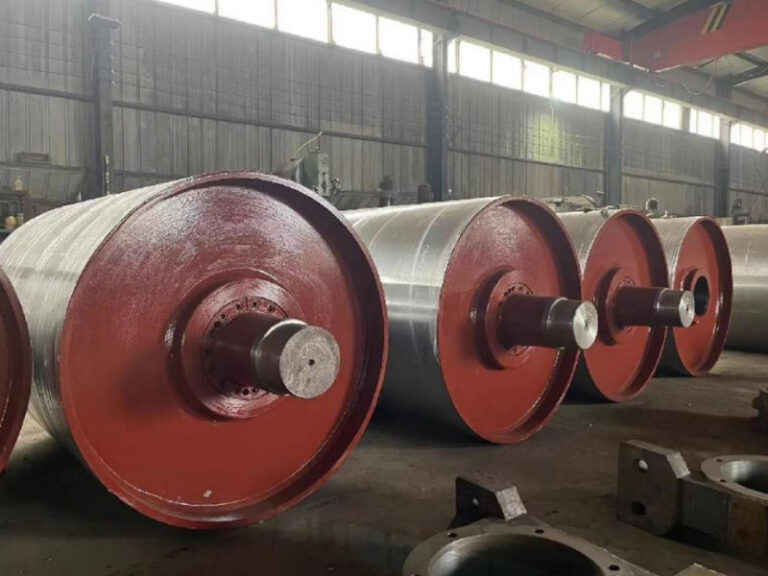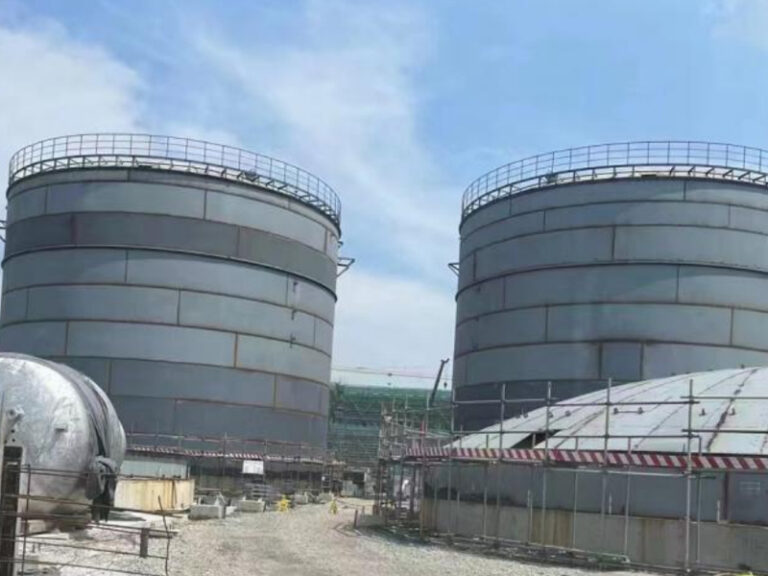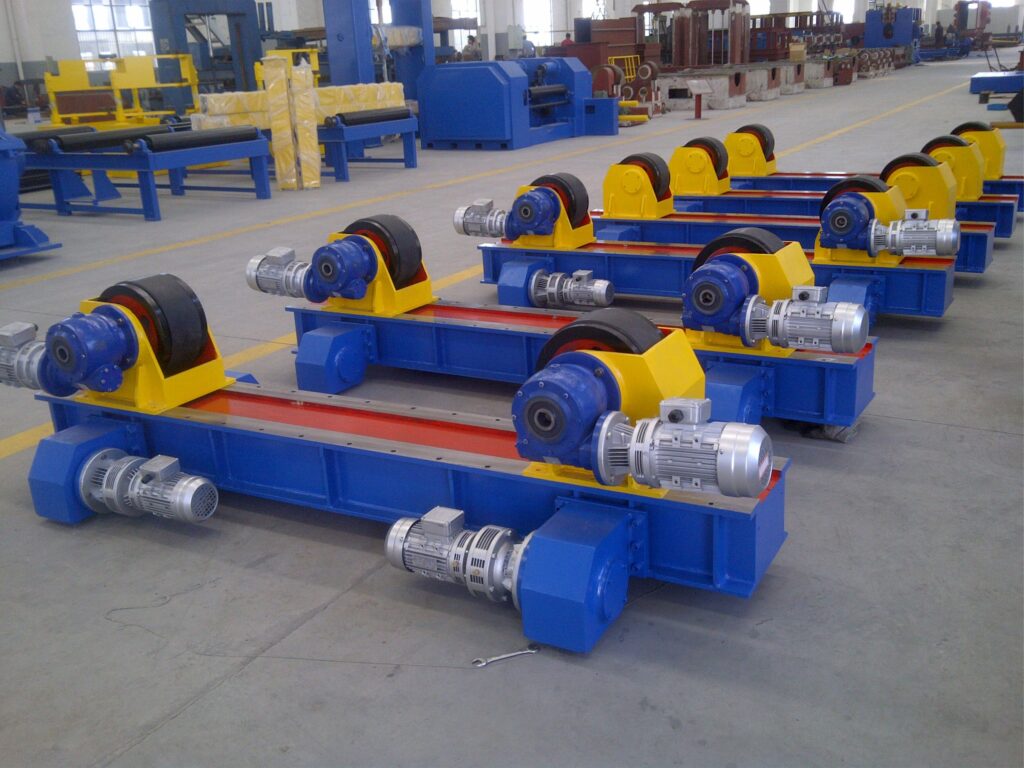Plate Rolling Machine Applications in The Oil and Gas Industry
Application Scenarios

Oil and gas pipeline manufacturing
The oil and gas industry relies heavily on an extensive network of pipelines that have to withstand strong pressure and harsh environments. In this context, 3 Rolls Mechanical Plate Rolling Machine play an important role. Sankun mechanical plate rolling mills ensure efficient and accurate pipe production by precisely controlling plate rolling. The result is uniform, smooth-walled pipes with strength and corrosion resistance, providing safe and reliable oil and gas transportation over long distances.

Pressure vessel production
In the oil and gas industry, the quality of pressure vessels is crucial for system safety. 3 rolls mechanical plate rolling machines provide precision plate bending that guarantees pressure vessel sealing and resistance to high pressure. This precision not only meets industry standards, but also speeds up production and increases overall efficiency.

Equipment maintenance and retrofitting
As industrial equipment ages, regular maintenance and upgrades become essential. Plate rolling machine play an important role in such maintenance, quickly repairing worn pipes and vessels or upgrading equipment to increase productivity.
Technical Advantages
Stable operational performance
Reliable equipment is a must in the oil and gas industry and this is where plate rolling mills shine. Precision-built using premium materials, rolling mills deliver consistent performance. Their stability reduces downtime, extends service life and maintains production flow and product quality. It also means less maintenance, lower costs and, in this industry, greater efficiency.
Precision control technology
Plate rolling machine remain at the cutting edge of metal processing thanks to precision control systems. These systems continuously monitor and fine-tune the bending process to ensure accuracy. This not only ensures reliable, high-quality workmanship, but also meets the oil and gas industry's needs for exacting standards in the production of pipelines and containers. It also minimizes material waste, increases efficiency and reduces costs.
Environmental compatibility
Metal rolling machine must be robust to cope with the harsh conditions common in the oil and gas industry. Today's models are built to last thanks to weather-resistant materials and weather-resistant seals. This ensures smooth operation and continued production regardless of climate, reducing costly breakdowns and repairs.
Maintenance convenience
The design of the plate rolling machine fully considers the convenience of maintenance. Through modular design and easily accessible maintenance points, the maintenance and overhaul of the equipment becomes simpler and faster. This design reduces equipment failures caused by improper maintenance, and also reduces the labor intensity and maintenance costs of maintenance personnel.
Future Developments
Intelligence and innovation
- The Industry 4.0 wave is driving a shift towards automation and intelligence in manufacturing. Upgrading plate rolling mills, a key piece of equipment in metal processing, with automation and intelligence can significantly improve production efficiency and product quality.
Environmental protection and energy efficiency
- As the manufacturing industry prioritizes environmental protection and energy efficiency, metal rolling machines are evolving to meet these challenges. Future designs will incorporate environmentally friendly materials and energy-saving technologies to minimize environmental impact and reduce electricity use. This shift promises a more environmentally friendly and sustainable approach to metal processing.
Customization and versatility
- To meet the diversifying needs of the oil and gas industry, plate rolling machine are becoming increasingly customizable and multifunctional. The machines of the future will be able to respond quickly to the different requirements of customers and perform a wide range of plate rolling operations. Such adaptability will increase the flexibility of the machines and help them stay relevant in a dynamic market and meet the unique requirements of different customers.



